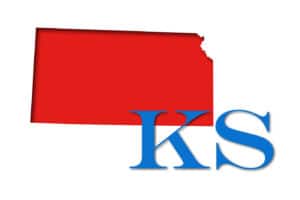The Emerging Issues Task Force (EITF) of the Financial Accounting Standards Board recently approved and finalized proposed accounting standards for investments in a qualified affordable housing project which many believe will ultimately increase the flow of capital to affordable housing. More specifically these new standards affect how entities account for limited partnership investments in low-income housing tax credit (LIHTC) projects, allowing the cost of LIHTC investments to be amortized “below the line” in income tax expense along with the tax credits.
If an investor elects to adopt this new accounting treatment, the method of amortizing an LIHTC investment changes from the effective yield method to the proportional amortization method, if the following conditions are met:
- It is probable that the tax credits allocable to the investor will be available
- The investor does not participate in the operation of the investment, and substantially all of the projected benefits are from the tax credits and other tax benefits;
- The investor’s expected return is positive, based solely on the cash flows from the tax credit and other tax benefits; and
- The investor holds a limited interest (LLP or LLC) in the affordable housing project for both legal and tax purposes, and the investor’s liability is limited to its capital investment.
- For LIHTCs that do not meet the criteria, the investment would be accounted for as either an equity or cost method investment.
With these new standards, the EITF has recommended that LIHTC investments should not be classified in deferred taxes, and that investments are to be amortized over the period of the tax benefits (both tax credits and other tax benefits). As a practical expedient, the amortization computation can be based solely on the tax credits if such computation does not produce a significantly different amortization result from one which is based upon both tax credits and other tax benefits.
This change will be a major enhancement to the accounting method for affordable housing investments and should increase the flow of capital to affordable housing. The Board also agreed that additional information was needed around other types of tax credits prior to any further discussion about approving changes to those accounting methods.
A final accounting standard (or ASU) is expected to be issued by the Board before year end.



